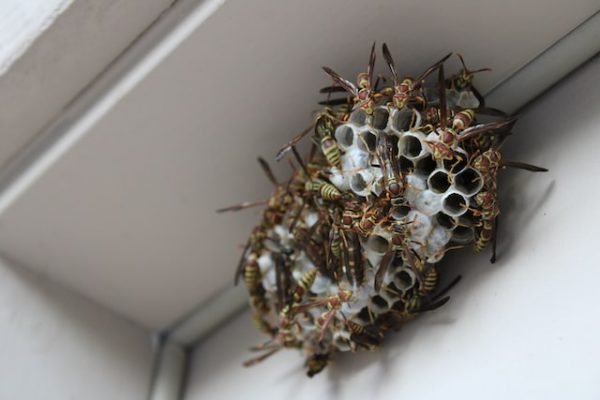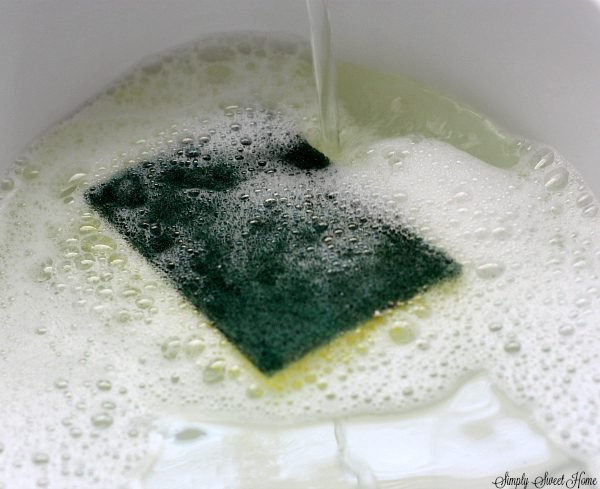
In Feng Shui, house direction is important. Every piece of furniture in your home should be positioned in a certain way to achieve harmony and balance and attract peace and prosperity. According to Feng Shui, a cooling unit can activate the ability and spread luck. Since it blows air, it can build a Feng Shui magnetic field to widen the energy field and activate the ability of Feng Shui.
An air conditioner can blow good luck to your home but also inauspicious air and bring negative energy to your home. As a result, Feng Shui is a critical practice when decorating a home to ensure that you only bring auspicious air to your home.
So, continue reading below to read more about the ancient Chinese art of placing your air conditioner, whether it’s a portable air conditioner, a window air conditioner, a smart air conditioner, or a floor-mounted air conditioner.
The Air Conditioner Shouldn’t Directly Face the Door.
Your air conditioners cool and circulate air throughout your home. If the outlet faces your door directly, you violate the principle of “accumulating air” in Feng Shui and may destroy the good Feng Shui in your home. When this happens, you may suffer losses from your accumulated wealth and family fortune.
However, if you have a portable air conditioner and don’t have any choice but to place it in front of your door, consider adjusting the air conditioner’s angle and ensure that you don’t place the outlet directly opposite your door.
Ensure that you communicate with the installation services about this need. With AC units like window air conditioners, ductless, or smart air conditioners, installers can typically work their way around it. So, don’t worry about hiring professionals to do this for you.
HVAC systems are a huge industry, with its market size value in 2022 amounting to $17.45 billion, and it is expected to grow at a CAGR of 5.6% from 2022 to 2030. On the other hand, Australia has a total of 31,885 companies, and its market size in 2022 is about $4.2 billion. With similar seasons to the United States, their HVAC industry is expected to grow from a CAGR of 5.7% during 2019-2024.
Because of the demand for air conditioning services, you can find installers that offer excellent air conditioning installation in Newcastle, Perth, Melbourne, Brisbane, Canberra, etc. Ensure that your hired company can meet your demands.
Lastly, remember that installation costs would depend on your requirements (and unit type), so be transparent with them about your needs and ask them how they can meet your demands.
Don’t Place It in the Wealth Position.
If you’ve found your home’s wealth position, avoid placing your cooling unit in that space, regardless of the AC type. According to the art of Feng Shui, the wealth position is any corner of your home where you place particular objects in that area to bring peace and prosperity.
Since you already know that air conditioners can bring lucky and unlucky energy to your home, placing it in the wealth position can blow away your fortune. It’s because this corner requires the accumulation of air and is kept static.
It would be much safer and luckier for your family’s wealth if you placed a fish tank or a plant in the wealthy corner of your home rather than a fast-running appliance like an air conditioner.
Don’t Place the Unit Above the Bed.
The air from the unit can potentially destroy the balance of the human body’s energy field by consuming it and affecting your metabolism. As a result, it would cause a decline in your body’s immunity and make you catch a cold or arthritis easily.
It’s taboo in Feng Shui to place the unit above the bed, which is how installation services typically install window-type air conditioners. The optimum position for your unit is to place it on the side of the bed. Also, don’t place it in front of your bed since it’s another big taboo, and it’s another reason that may cause you to experience diseases.
It Shouldn’t Face the Dining Table Directly.
Are you planning on installing an air conditioner in your dining area? Then, you should know that it’s taboo for Feng Shui to place it in a position facing the dining table directly. Most AC units typically gather and have a lot of dust. So, if you place it in front of your dining table, it may blow the dust while you’re eating your food and cool down your warm meal. It’s unhygienic, harmful to your health, and affects your dining room’s energy field.
The Unit Shouldn’t Directly Face the Stove.
Don’t let the air conditioner face the stove directly if you don’t want to make your fire unstable and affect the whole cooking energy. When the cooking energy is affected, it also affects your luck and health.
Additionally, when including units in your kitchen, ensure that it’s at a consistent 26 to 28 degrees to optimize the cooking process. If you don’t have any choice with the placement of your unit, position the outlet so that it atleast doesn’t face the stove.
Final Thoughts
Some argue that since air conditioner units weren’t available during ancient times, these cooling units have no application. However, as you’ve read above, you can apply a practical and general usage of Feng Shui even in modern appliances.








